## Hold Up, Nintendo: Is Your “Right” to Brick My Switch Really a “Right”?
The PC gaming community has long scoffed at console manufacturers’ attempts to control their hardware, but Nintendo’s latest move might have even the most hardened PC gamer scratching their heads. In a stunning turn of events, Nintendo has claimed the right to remotely brick your Switch if they suspect you’re pirating games or modifying the console.
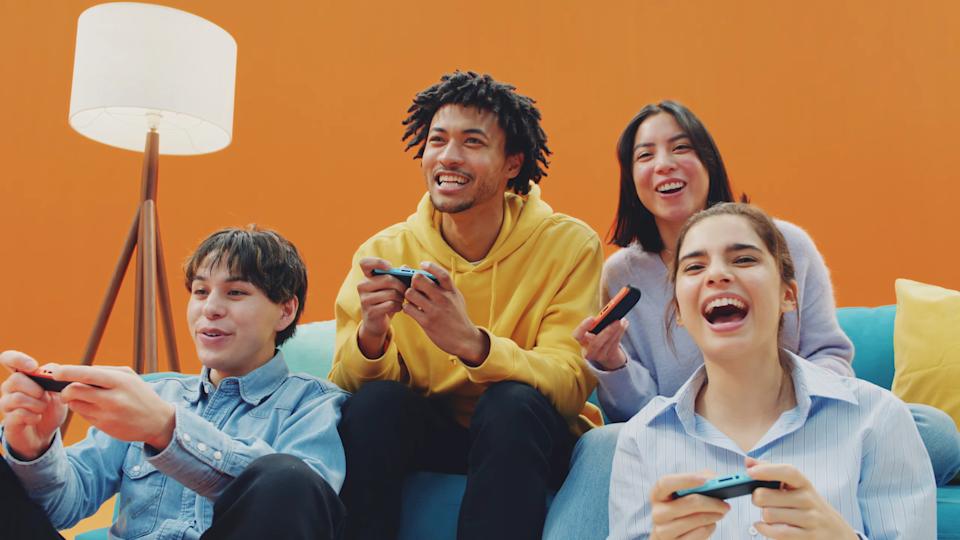
That’s right, your $300+ gaming machine could be rendered useless by a software update simply because Nintendo thinks you’ve done something they disapprove of. Is this the future of console gaming? Is our right to tinker and enjoy our own hardware being eroded?
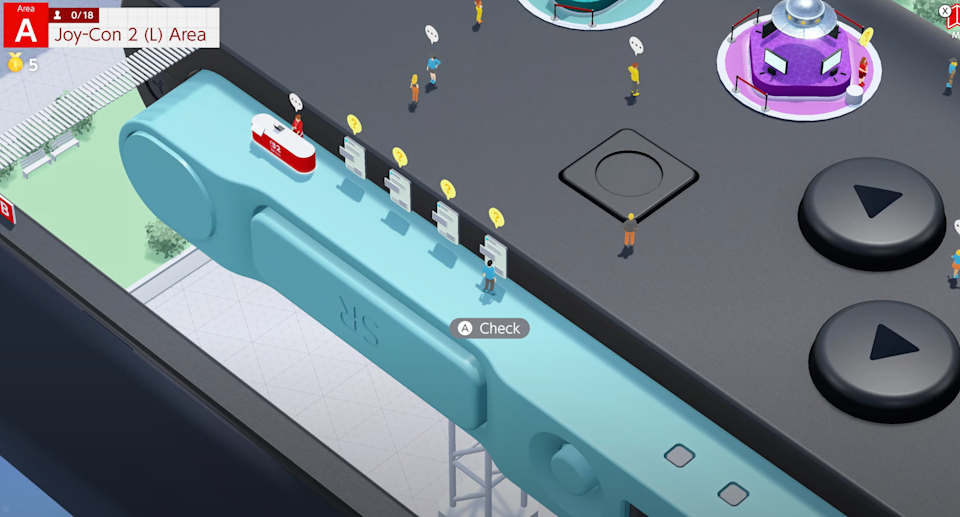
3DS and Wii U Shutdowns: A History of Nintendo’s Retrenchment
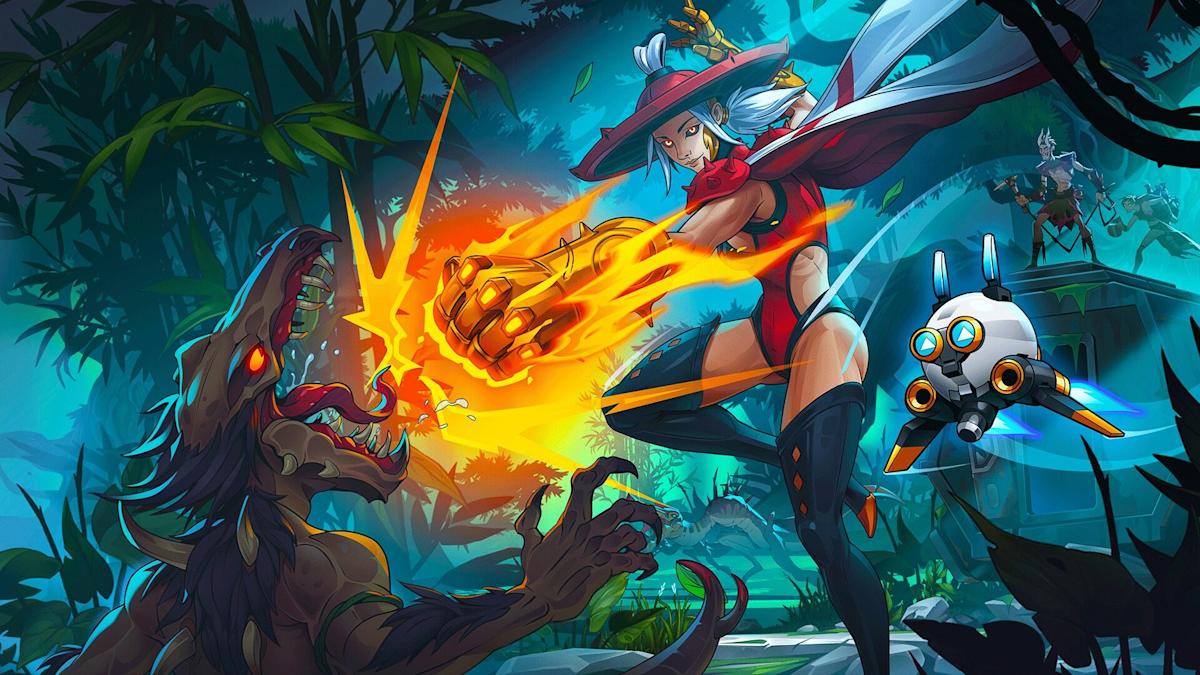
Gamestanza readers will remember the recent sunsets of online services for the Nintendo 3DS and Wii U. These weren’t mere technical decisions; they were strategic maneuvers that effectively rendered these consoles obsolete in terms of online functionality. The 3DS, once a thriving platform for online gaming, lost access to its online store, online play, and even the ability to download previously purchased games. The same fate befell the Wii U, a console that struggled to gain traction but still held a community of dedicated players. These shutdowns serve as a stark reminder of the inherent vulnerability of gamers who rely on proprietary platforms.
Nintendo’s actions have had a chilling effect on the gaming community, raising concerns about the lifespan and long-term value of their devices. When a company can unilaterally decide to discontinue essential features, it leaves players with a sense of unease and uncertainty.
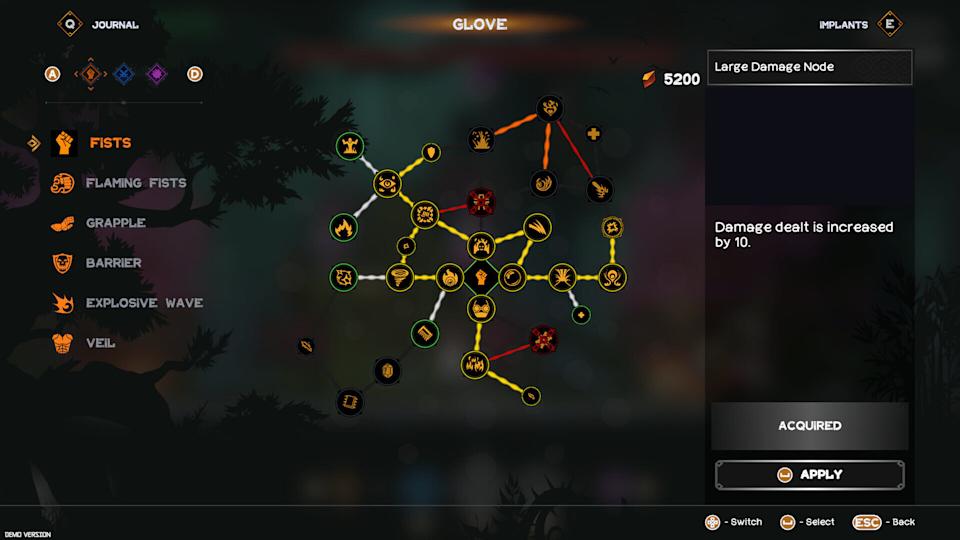
The Ironclad Legacy: Nintendo’s Longstanding Anti-Modding Stance
Legal Battles and a Hostile Environment
Nintendo has a long and contentious history with piracy and modding. The company has aggressively pursued legal action against individuals and groups who have modified their consoles or distributed unauthorized copies of games. The infamous “Nintendo of America v. R.J. Reynolds Tobacco Company” case, where Nintendo attempted to prevent the use of its trademarks in vaporizer advertisements, demonstrates their willingness to go to great lengths to protect their intellectual property.
This litigious approach has created a climate of fear and suspicion around modding, making it difficult for developers and enthusiasts to explore the creative potential of Nintendo’s hardware.
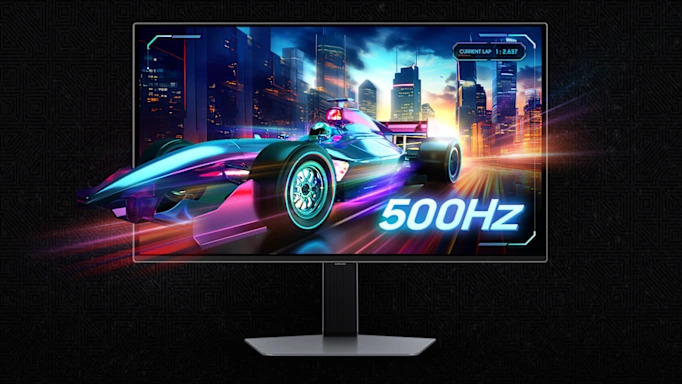
The “Intended Use” Doctrine
Nintendo’s stance on modification is often framed around the concept of “intended use.” The company argues that consumers should only use their products in the way that they were designed. This argument, while seemingly reasonable, is often used to stifle legitimate forms of modification, such as performance improvements or accessibility enhancements.
By limiting users’ ability to modify their devices, Nintendo effectively controls the gaming experience and potentially restricts innovation and user creativity.
A Pattern of Control: How Nintendo’s Actions Limit Consumer Choice
The New EULA: A Hammer Blow to Flexibility
The recent changes to Nintendo’s online user agreement, which grants the company the right to permanently disable a console for alleged violations, further underscores this trend of control. The language is particularly troubling, as it uses broad terms like “circumvent any of the functions or protections” of the Nintendo Account Services. This could potentially encompass a wide range of activities, from simple performance tweaks to more complex modifications.
This lack of clarity raises serious concerns about the potential for abuse. Nintendo could use this power to punish users for engaging in activities that are deemed undesirable, even if they are not technically violating any laws.
The Subscription Trap: A Shift Toward Controlled Access
Nintendo’s shift towards subscription-based services for its online infrastructure and classic game libraries adds another layer to this pattern of control. By tying access to these features to recurring payments, Nintendo creates a system where users are perpetually beholden to the company’s whims.
This approach not only limits consumer choice but also undermines the long-term value of Nintendo’s hardware. If a console becomes obsolete due to discontinued online services, players are left with a potentially expensive paperweight.
The Gamer’s Perspective: Why Modification Matters
For many gamers, modification is an integral part of the gaming experience. It’s a way to personalize their consoles, enhance their gameplay, and even explore the creative potential of the hardware.
Performance and Access: Unlocking the Full Potential
One common reason for modification is to improve performance. By tweaking settings or installing custom firmware, gamers can often achieve higher frame rates, reduce lag, and generally enhance their gaming experience. This is particularly relevant for older consoles, which may struggle to run modern games smoothly.
Modification can also provide access to games that are no longer available or are region-locked. Emulation, for instance, allows gamers to play classic games on modern hardware, preserving their legacy and making them accessible to a wider audience.
The Right to Repair: A Fundamental Consumer Right
The right to repair is a growing movement that advocates for consumers’ ability to fix their own devices. This includes the right to access repair manuals, purchase replacement parts, and modify their devices as they see fit. Nintendo’s stance on modification directly conflicts with this fundamental right.
By preventing users from making repairs or modifications, Nintendo effectively locks them into a cycle of dependence on the company for support and repairs. This can result in higher repair costs, shorter device lifespans, and ultimately, less consumer choice.
The Future of Gaming: A Crossroads for Innovation and Control
Nintendo’s actions have significant implications for the future of gaming. If the company continues down this path of control and restriction, it risks alienating a large portion of its player base. Gamers, especially those who value freedom and experimentation, may be drawn to more open platforms that allow for customization and user-driven innovation.
The rise of PC gaming, with its emphasis on open source software and user-created content, presents a stark contrast to Nintendo’s approach. While Nintendo focuses on tightly controlled ecosystems, PC gaming thrives on community-driven development and the ability to personalize the gaming experience.
The future of gaming hinges on a delicate balance between protecting intellectual property and fostering a creative and innovative environment. Nintendo’s recent moves threaten to tip the scales in favor of control, potentially stifling the very creativity that has made gaming such a vibrant and engaging medium.
Conclusion
So, there you have it. Nintendo’s latest move, granting themselves the power to remotely brick your Switch over suspected piracy or modifications, has sent shockwaves through the gaming community. The article explored the potential ramifications of this decision, painting a picture where personal ownership of your gaming device becomes increasingly blurred. We delved into the arguments for and against Nintendo’s stance, examining the company’s desire to protect its intellectual property while acknowledging the concerns about user control and potential abuse.
This isn’t just about Nintendo, though. This move sets a dangerous precedent for the entire industry. If successful, it could empower other companies to implement similar “anti-piracy” measures, potentially eroding the very foundation of consumer rights. Will we see a future where our consoles become locked down fortresses, controlled by corporations and susceptible to sudden, irreversible shutdowns? The answer, unfortunately, remains unclear. What’s certain is that this is a crucial moment in the evolution of gaming, and the choices made now will have a profound impact on the future of our beloved hobby.
The ball is in our court, gamers. Will we stand idly by as our rights are chipped away, or will we rise up and demand a fairer, more transparent future for gaming?